Like the weather, it appears that everybody in Rhode Island loves to talk about the state’s car tax but nobody ends up actually doing anything about it. The Vehicle Value Commission has the power to do something about it, and bears responsibility for the frustration and, sometimes, anger that taxpayers in the state have about it. For years, the ACLU of Rhode Island has submitted testimony to the Commission to encourage revisions to these regulations in order to address that frustration and bring some semblance of fairness to the valuation process. No revisions have ensued, unfortunately. Despite our lack of optimism that this year will be any different, we offer our views once again.”
 So begins the ACLU of Rhode Island’s detailed seven-page testimony to the Rhode Island Vehicle Value Commission submitted this week in advance of a public hearing on the Commission regulations on November 10th. The testimony includes a thorough review of the car tax statute and regulation’s history.
So begins the ACLU of Rhode Island’s detailed seven-page testimony to the Rhode Island Vehicle Value Commission submitted this week in advance of a public hearing on the Commission regulations on November 10th. The testimony includes a thorough review of the car tax statute and regulation’s history.
According to the Commission, the ACLU’s testimony notes, almost all of the approximately 900,000 cars registered within the state are free of mechanical defects, have only “minor surface scratching with a high gloss finish and shine,” an interior that “reflects minimal soiling and wear,” and “all equipment in complete working order.” That is because the regulations establish the value of used cars up to 17 years old by relying solely on the National Automobile Dealers Association’s (NADA) designated “clean retail value” of the car based on its make and model. Such a presumption, claims the ACLU testimony, “defies reality.”
The ACLU of Rhode Island has long called on the R.I. Vehicle Value Commission to stop using this unrealistic vehicle valuation to determine car taxes and to also adopt a meaningful appeals process for Rhode Island car owners, and this year’s testimony does the same.
Not only do Rhode Island drivers face heavy taxes that do not match the true value of their vehicles, they are also denied any meaningful appeal process to have their vehicles recognized fairly. The Commission’s consideration of appeals of its “presumptive value” consists solely of checking for clerical errors, allowing adjustments to be made only when an incorrect NADA car value was inadvertently imposed, not when the taxpayer challenges the NADA figure itself based on, for example, local selling conditions.
In its written testimony, the ACLU said: “Such cold efficiency, which essentially rewrites the word ‘presumptive’ out of the statute, is a disservice to the taxpayers and to basic principles of due process.” The testimony continued: “[W]e leave it to the Commission members and others to suggest alternative methods of establishing a ‘presumptive value’ for motor vehicles; all that we can say is that something more meaningful than the current procedure is essential in order to add some fairness to the methodology.” The ACLU noted that the Commission could consider using local retail sales prices to set vehicle values, break down car models into categories by years, or consider other factors. As it has done at past hearings, the ACLU also called on the Commission to establish a meaningful appeals process.
A copy of the ACLU’s testimony is available here.
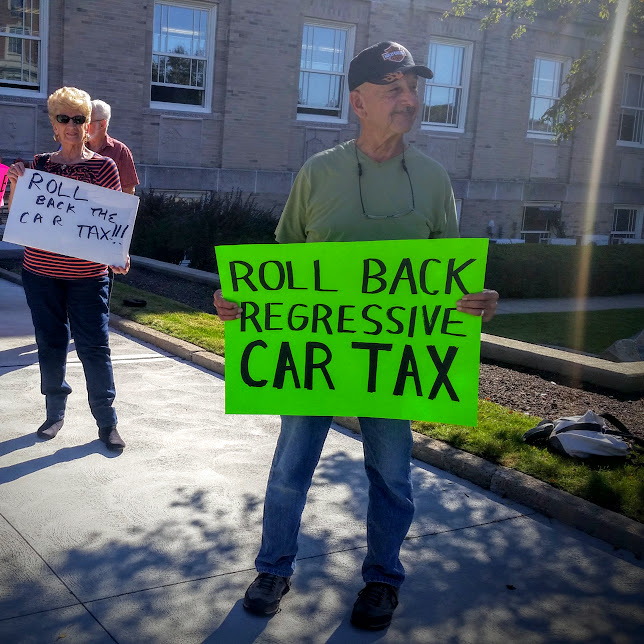
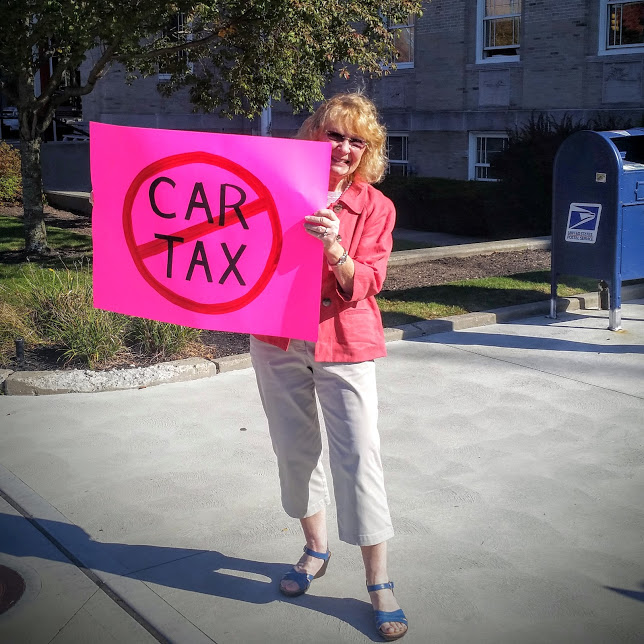

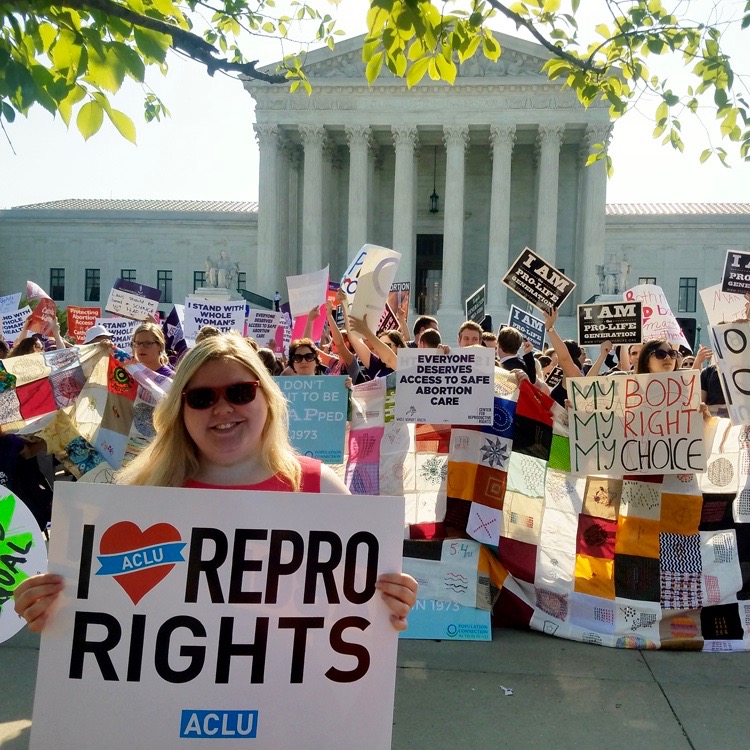
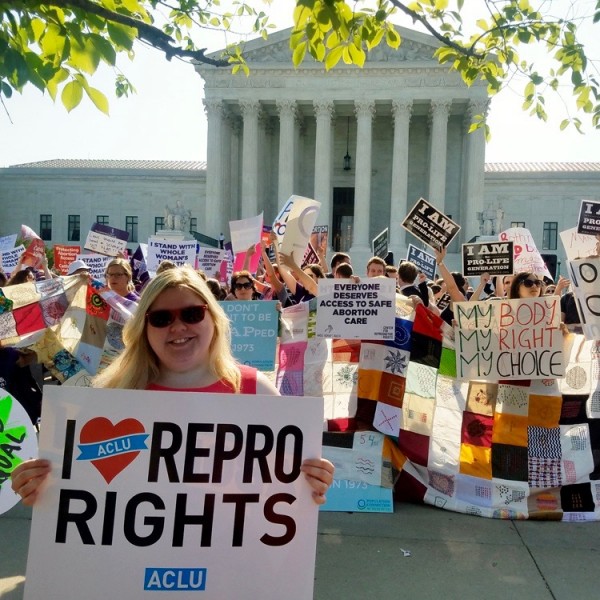


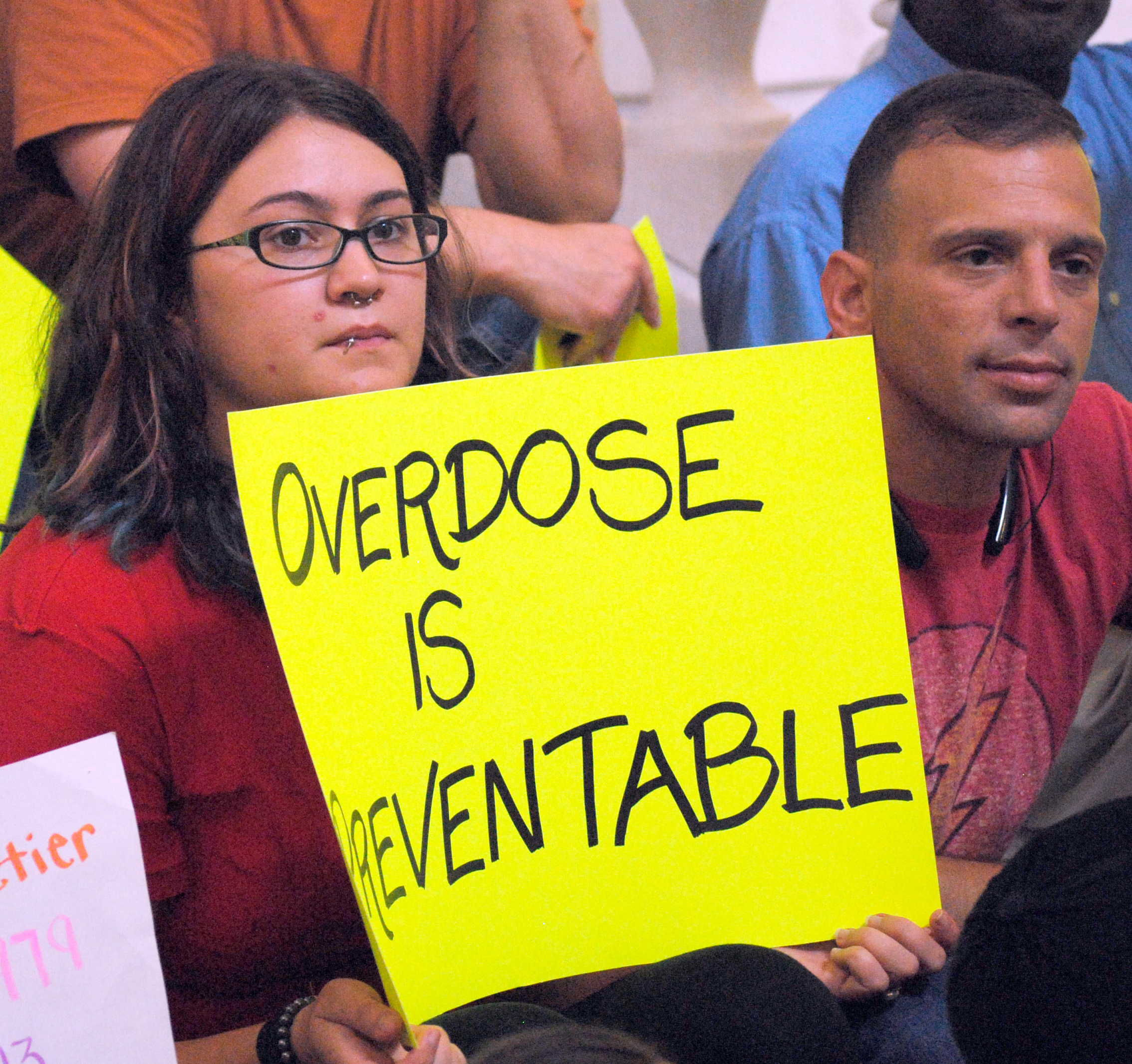
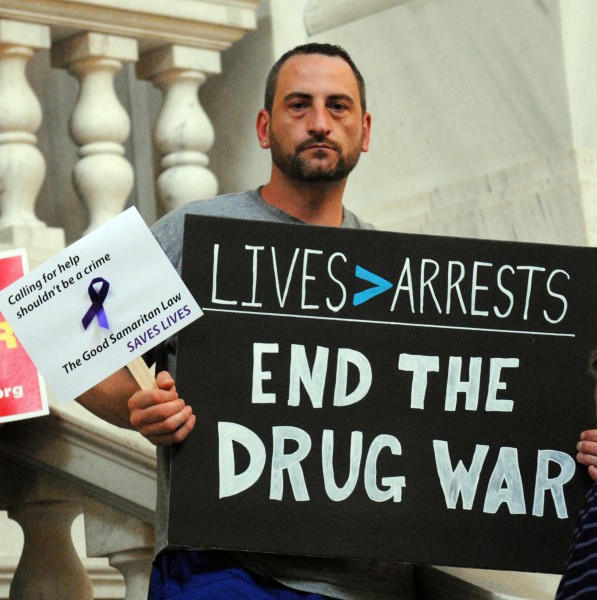 “We applaud, and are deeply grateful to, the Senate for its quick action today in making the reinstatement of the [Good Samaritan Overdose Prevention Act of 2016] the legislative priority of the first week,” said Steve DeToy of the Rhode Island Medical Society, Rebecca McGoldrick of Protect Families First and Steven Brown of the ACLU of Rhode Island in a joint statement.
“We applaud, and are deeply grateful to, the Senate for its quick action today in making the reinstatement of the [Good Samaritan Overdose Prevention Act of 2016] the legislative priority of the first week,” said Steve DeToy of the Rhode Island Medical Society, Rebecca McGoldrick of Protect Families First and Steven Brown of the ACLU of Rhode Island in a joint statement.